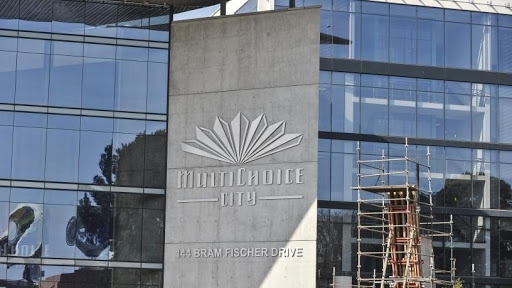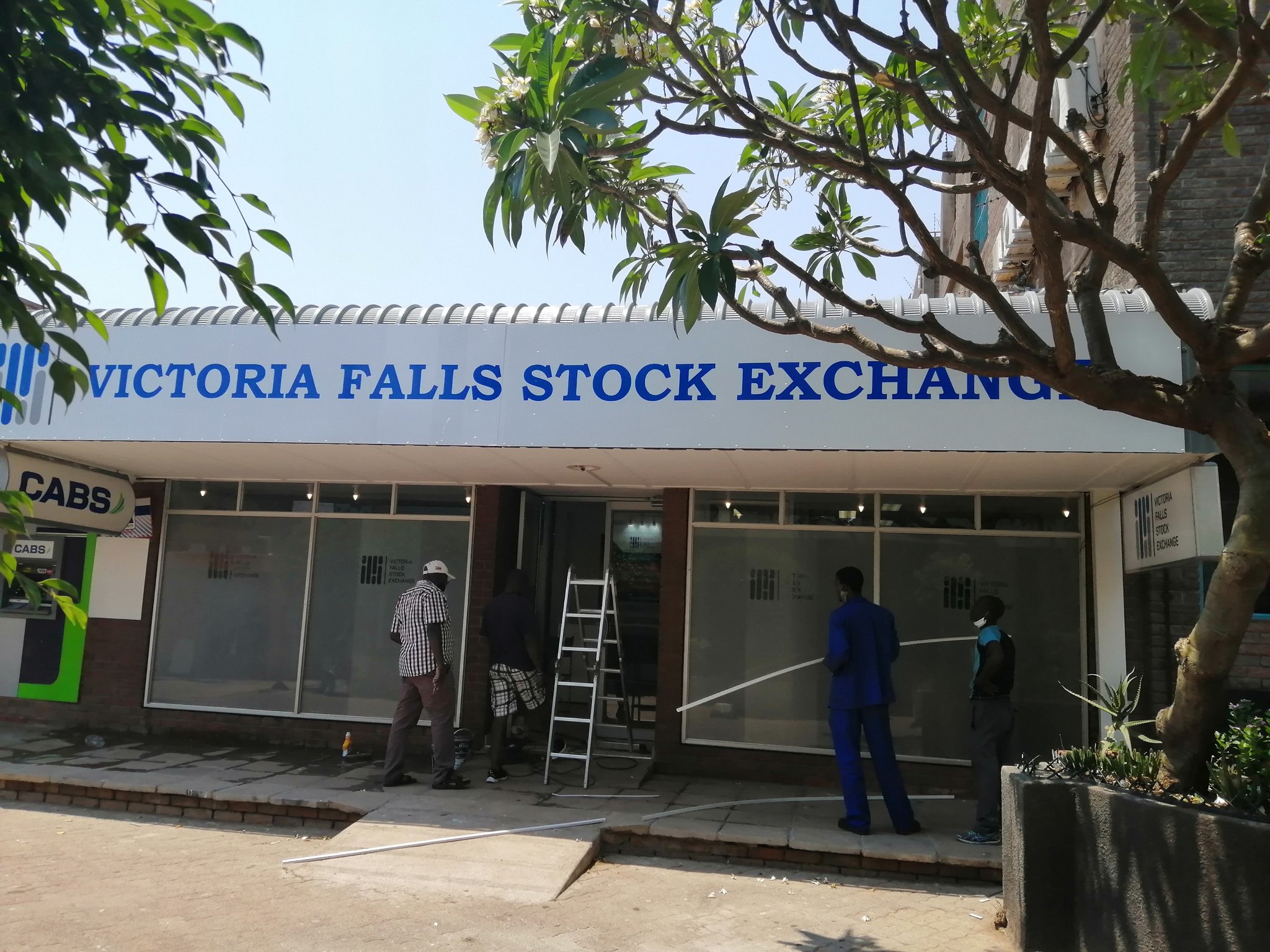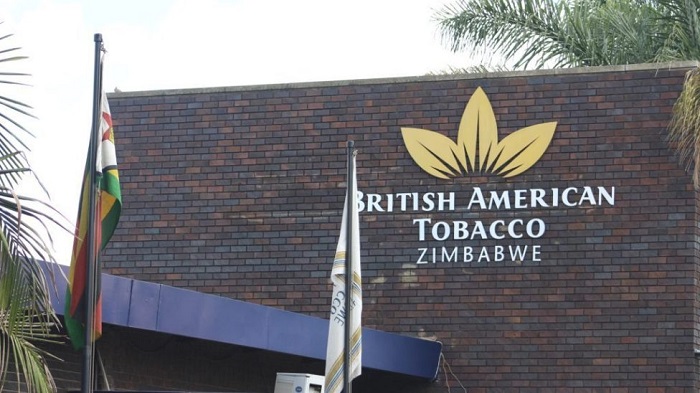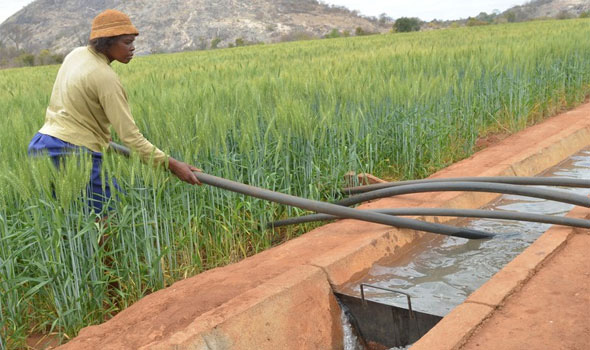River to boost irrigation capacity in Chimanimani
Government is seeking to use water from Umvumvumvu River to boost irrigation capacity in Chimanimani district and domestic water supply for communities in Bumba and surrounding areas.
Bumba is expected to grow as Government is in the process of relocating more than 200 families from the camps set up for internally displaced people in Chimanimani and others in high risk areas.
Chimanimani East Member of Parliament Cde Joshua Sacco said the Zimbabwe National Water Authority had proposed to construct a weir that would draw water from the river to support the irrigation schemes.
“Government is expediting the relocation of the people displaced by cyclone Idai and soon they will start moving here to Bumba,” he said.
“Zinwa has said they will implement a two-phased programme that will see boreholes being drilled in the new settlement for domestic use in the short term. But going forward, Zinwa is considering installing a weir, an uptake point where water will be drawn from Umvumvumvu River for irrigation and domestic use.”
The weir is expected to service the Cashel Valley irrigation scheme, Nedziwa business centre as well as the new irrigation scheme to be built within the new settlement in Bumba.
Cde Sacco said the district was lobbying to have another dam on the Tandayi River to enhance water supply to the irrigation schemes.
“This area has good soils but there is a shortage of water. So if there is enough water supply, it can become a greenbelt and we will begin to see development,” he said.
Local Government and Public Works Minister July Moyo last week said the families being relocated to Bumba should be self-sufficient.
“The households to be relocated volunteered to be relocated to West End Farm, where each of the households has been allocated stands measuring 6000 square metres. The size of the stand is meant to promote livelihoods and agricultural activities,” he said.
The resuscitation of the country’s agricultural sector remains vital to improving the livelihoods of ordinary Zimbabweans and irrigation development could be the answer to that restoration since climate change has affected rainfall patterns.
However, only 3 percent of the country’s agricultural activity is under irrigation and this has had a negative impact on output, highlighting the urgent need to put more effort in irrigation development.
Government has reiterated the importance of utilising available water resources that are lying idle to connect communities to irrigation water and enhance food production.
For Chimanimani West, which is generally drier than the East side, irrigation schemes are the source of livelihoods for many households although many of those have become dysfunctional due to various reasons.
Some were destroyed by Cyclone Idai while others have succumbed to lack of maintenance and poor handling by communities.
The Cashel Valley scheme and others in the district are currently not being fully utilised and an improved water supply could increase production.-herald.cl.zw









